Did you know that nearly half of adults in the United States—around 119 million people—struggle with high blood pressure? What’s more alarming is that cardiovascular disease remains the leading cause of death worldwide, often connected to hardened or clogged arteries. While doctors usually recommend medication, exercise, and diet changes, there’s an often-overlooked natural ally: herbal teas. For centuries, people around the globe have turned to herbal infusions not only for comfort but also for their supportive role in heart health.
Imagine sipping a warm cup of tea in the morning that doesn’t just relax your mind but also works quietly to support your arteries, encourage healthy circulation, and help keep blood pressure in check. These are small, daily habits that build into lifelong benefits. This article explores eight herbal teas that are believed to help lower blood pressure and naturally support cardiovascular health. You’ll discover their traditional uses, what modern science says, and how you can easily incorporate them into your routine. By the end, you’ll have a clear roadmap of flavorful teas to add to your wellness toolkit.
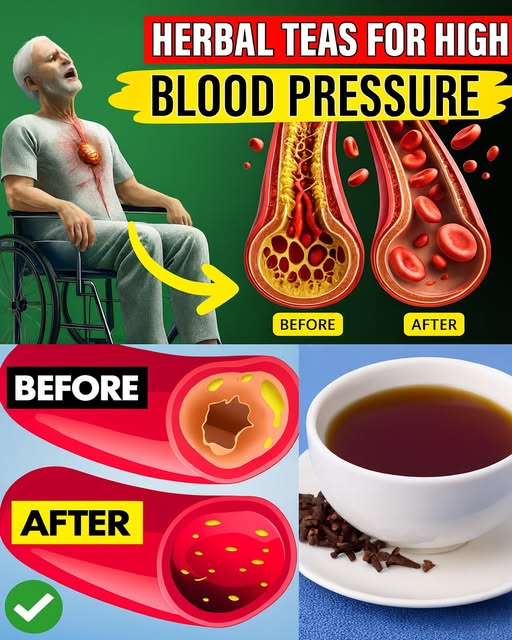
Why Herbal Teas Deserve a Place in Your Heart-Healthy Lifestyle
Before diving into specific teas, let’s set the stage. Herbal teas are not technically “tea” since they don’t come from the Camellia sinensis plant, but instead from herbs, flowers, roots, and spices steeped in hot water. Many cultures—from Traditional Chinese Medicine to Ayurvedic practices—have used them to support circulation, reduce inflammation, and promote overall vitality.
Studies suggest that certain plant compounds, like flavonoids and polyphenols, can support healthy blood flow and reduce oxidative stress. While no herbal tea should replace prescribed medication, these natural brews can complement your heart health strategy beautifully.
1. Hibiscus Tea: Nature’s Blood Pressure Tonic
Hibiscus tea, with its deep ruby color and tart flavor, is more than just refreshing. Research has linked it to lowered systolic and diastolic blood pressure in people with mild hypertension.
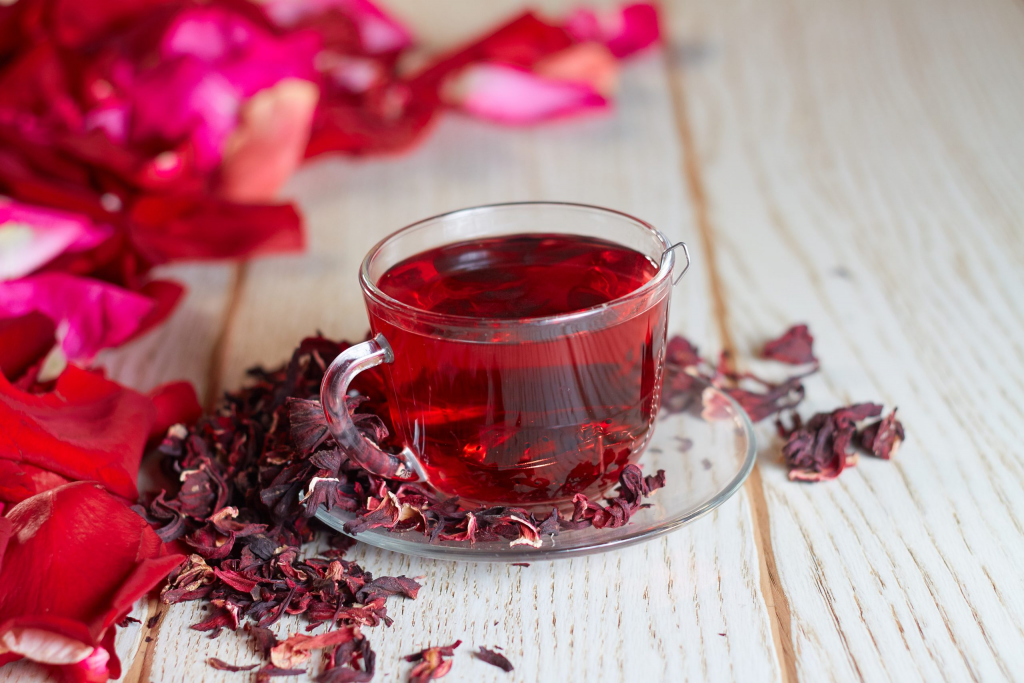
How it works: Hibiscus contains anthocyanins and antioxidants that support the flexibility of blood vessels and encourage better circulation. Some studies show its effects are comparable to low-dose hypertension medication, though without side effects.
Everyday tip: Brew one or two cups daily. You can enjoy it hot or chilled over ice. Just avoid adding too much sugar, as that counters its benefits.
2. Green Tea: Ancient Brew, Modern Heart Support
Though not an “herbal tea” in the strictest sense, green tea deserves mention for its cardiovascular benefits. Packed with catechins like EGCG (epigallocatechin gallate), green tea supports artery flexibility and reduces cholesterol buildup.
Why it matters: Studies suggest regular green tea drinkers have a lower risk of heart disease. It can help reduce LDL cholesterol, the “bad” type that contributes to plaque in arteries.
Practical use: Aim for two to three cups daily. If caffeine is a concern, opt for decaffeinated varieties to reap the same benefits without the jitters.
3. Ginger Tea: Warming Circulation Booster
Ginger has long been prized for its ability to improve circulation and ease inflammation. Ginger tea, made from fresh slices or dried root, may help reduce arterial stiffness and support healthy blood pressure.
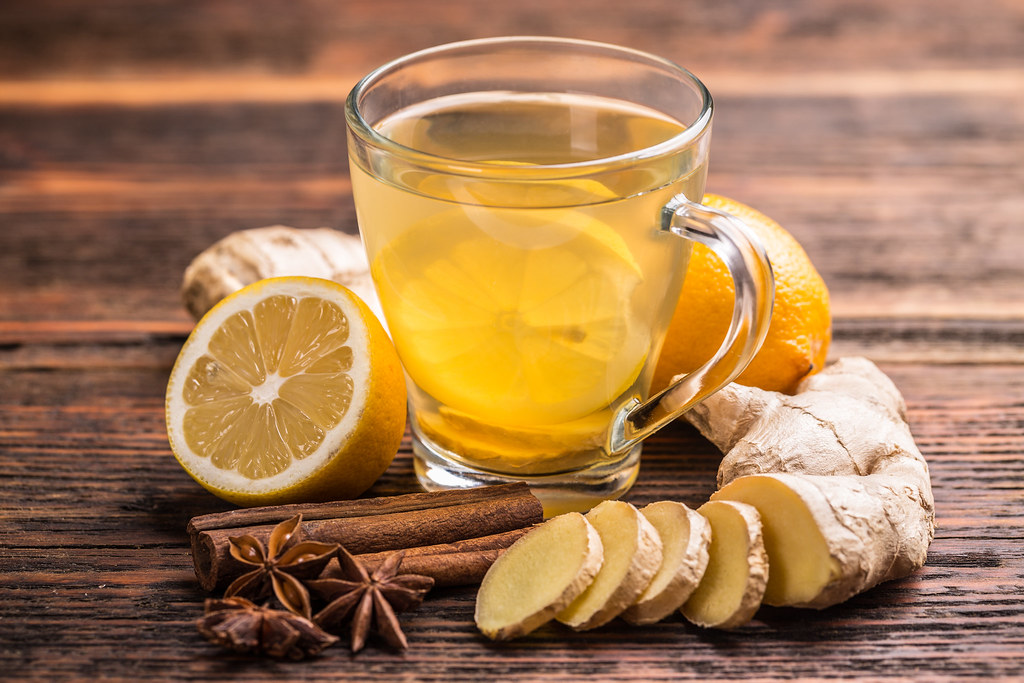
What makes it special: Its natural compounds, gingerols and shogaols, have vasodilatory effects, meaning they can help blood vessels relax.
How to enjoy: Brew fresh ginger in boiling water for 10 minutes. Add a squeeze of lemon or a drizzle of honey if desired. Drink one to two cups daily for warming comfort and circulatory support.
4. Garlic Tea: Unusual but Powerful
Garlic is famous for heart health, but few realize it can be sipped as a tea. Garlic tea, though pungent, delivers allicin, a compound shown to help lower blood pressure and reduce arterial plaque formation.
Case in point: Populations with high garlic consumption often show lower rates of cardiovascular disease. While capsules exist, tea allows you to integrate garlic naturally.
Preparation tip: Crush two cloves, steep in hot water for 10 minutes, and sip. To mellow the taste, mix with ginger or green tea.
5. Hawthorn Tea: Ancient Heart Protector
Hawthorn berries and leaves have been used in European herbal traditions for centuries to support heart health. Known as the “heart herb,” hawthorn tea may improve blood flow, reduce blood pressure, and strengthen the heart muscle.
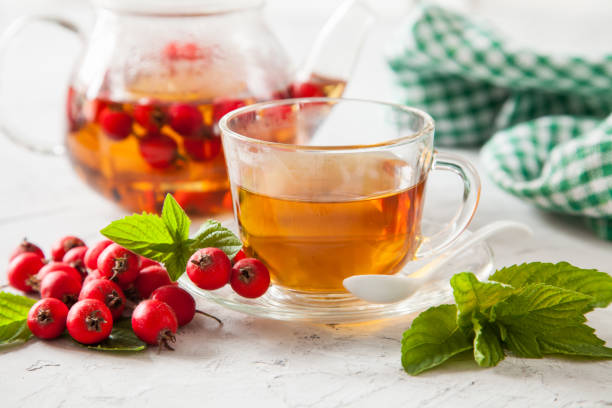
Scientific backing: Some studies show hawthorn extract helps dilate blood vessels and improve circulation, making it a popular complementary remedy for mild heart conditions.
How to drink: Brew dried hawthorn berries or leaves for 10–15 minutes. Two cups a day is generally considered safe.
6. Turmeric Tea: Golden Spice for Arteries
Turmeric tea, often paired with black pepper to boost absorption, is rich in curcumin. This compound is celebrated for reducing inflammation and oxidative stress—both of which play roles in artery clogging and high blood pressure.
Why it’s powerful: Chronic inflammation is a silent enemy of cardiovascular health. Turmeric’s natural anti-inflammatory properties may help protect arterial walls.
Simple recipe: Mix ½ teaspoon turmeric powder with hot water, add a pinch of black pepper, and finish with honey or lemon. Drink once daily.
7. Rooibos Tea: Caffeine-Free Heart Support
Native to South Africa, rooibos tea is naturally caffeine-free and high in antioxidants. It’s particularly rich in aspalathin, a compound that may help regulate blood sugar and reduce stress hormones linked to high blood pressure.
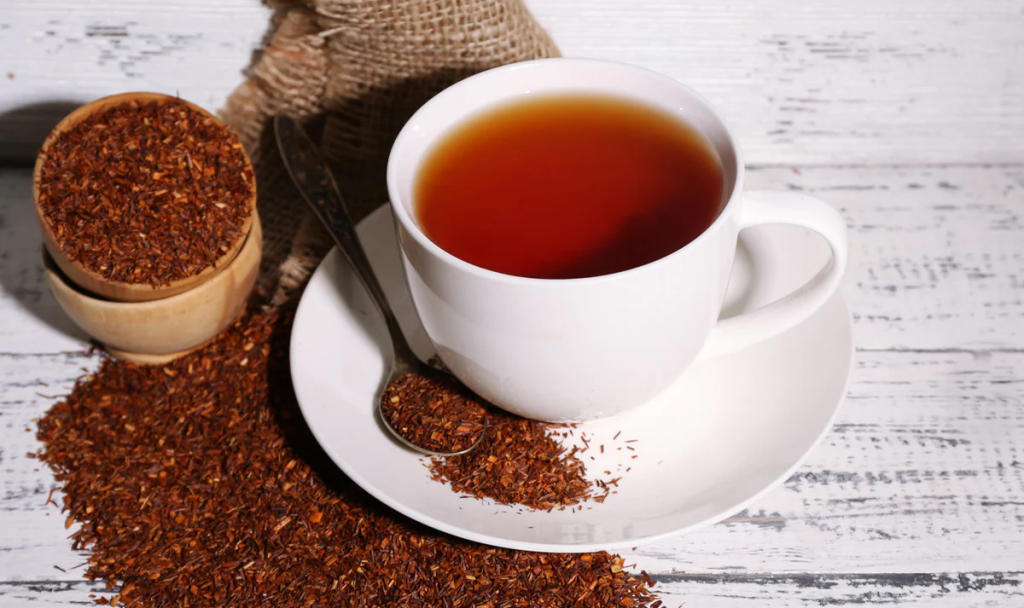
Everyday benefits: Rooibos supports relaxation and can be enjoyed anytime of day, even before bed, making it a versatile option for those seeking calm and cardiovascular support.
Routine idea: Replace your evening coffee or black tea with a cup of rooibos. Over time, your heart may thank you.
8. Chamomile Tea: Gentle Calming Ally
Chamomile tea is often associated with better sleep, but its calming effects extend to cardiovascular health as well. By promoting relaxation and reducing stress, chamomile indirectly supports lower blood pressure.
Stress connection: Chronic stress elevates cortisol, which in turn raises blood pressure. A soothing cup of chamomile in the evening can help break this cycle.
How to use: Steep dried chamomile flowers for 5 minutes. Drink before bed for relaxation and heart-friendly rest.
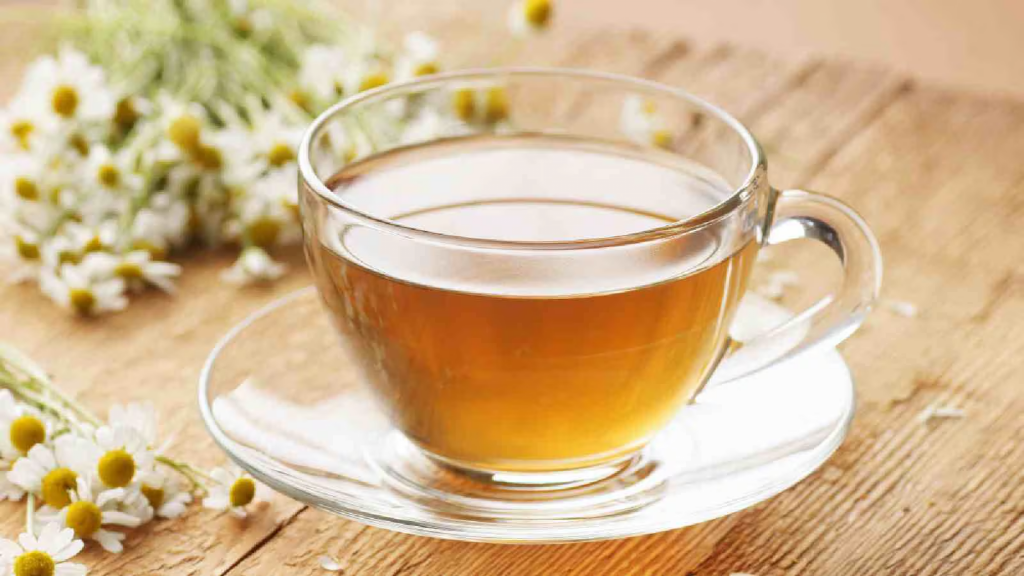
Quick Comparison Table
| Herbal Tea | Key Benefit | Best Time to Drink |
|---|---|---|
| Hibiscus | Lowers blood pressure directly | Morning or afternoon |
| Green Tea | Reduces LDL cholesterol | Morning or midday |
| Ginger Tea | Improves circulation | Anytime |
| Garlic Tea | Reduces arterial plaque | Morning |
| Hawthorn Tea | Strengthens heart function | Morning or evening |
| Turmeric Tea | Reduces inflammation | Midday |
| Rooibos Tea | Lowers stress hormones | Evening |
| Chamomile Tea | Promotes relaxation, lowers stress | Night |
How to Incorporate Herbal Teas into Your Routine
Start small by choosing one or two teas and drinking them consistently before adding more. Be mindful of possible interactions if you’re on blood pressure or heart medication, and always consult your healthcare provider. Consistency is key: the benefits of herbal teas often come from regular, long-term use rather than occasional sips. You can also experiment with blends such as hibiscus with ginger for circulation or chamomile with rooibos for relaxation.
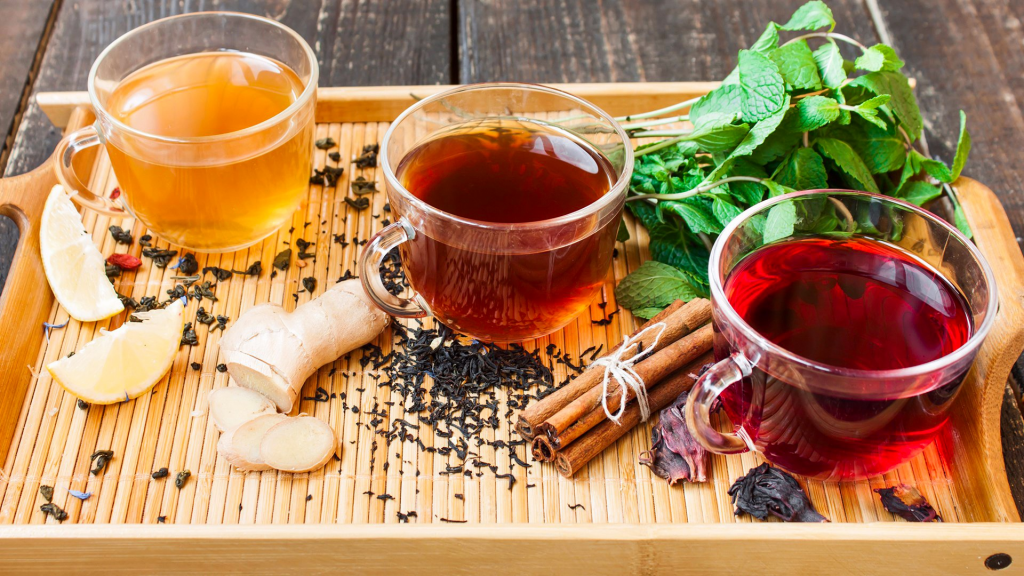
Conclusion
Herbal teas are more than soothing drinks—they can be daily allies in supporting heart health. From the tangy hibiscus that directly lowers blood pressure to the gentle chamomile that eases stress, each cup is a chance to nourish both body and mind. Small lifestyle shifts, like replacing sugary beverages with heart-friendly teas, may add up to significant improvements over time.
Frequently Asked Questions (FAQ)
Can herbal teas replace medication?
No. Herbal teas are supportive, not a substitute for medical treatment. Always follow your doctor’s advice.
How much tea should I drink daily?
One to three cups is a common range, but it depends on your health, tolerance, and preferences.
Are there risks with herbal teas?
Some herbs may interact with medications. Always check with a healthcare provider if you’re taking prescriptions.
Disclaimer: This article is for informational purposes only and does not replace professional medical advice, diagnosis, or treatment. Always consult with a qualified healthcare provider before making changes to your health regimen.




